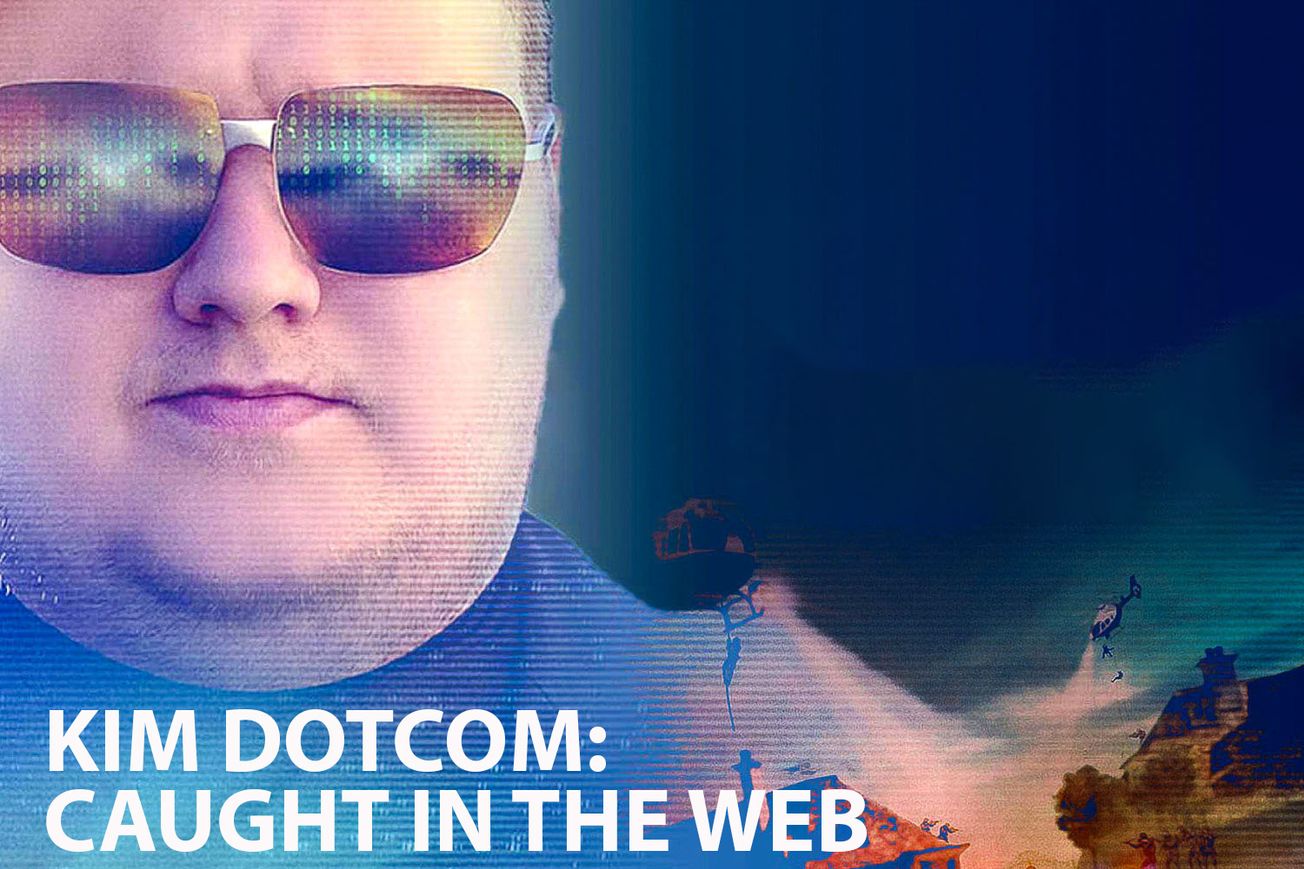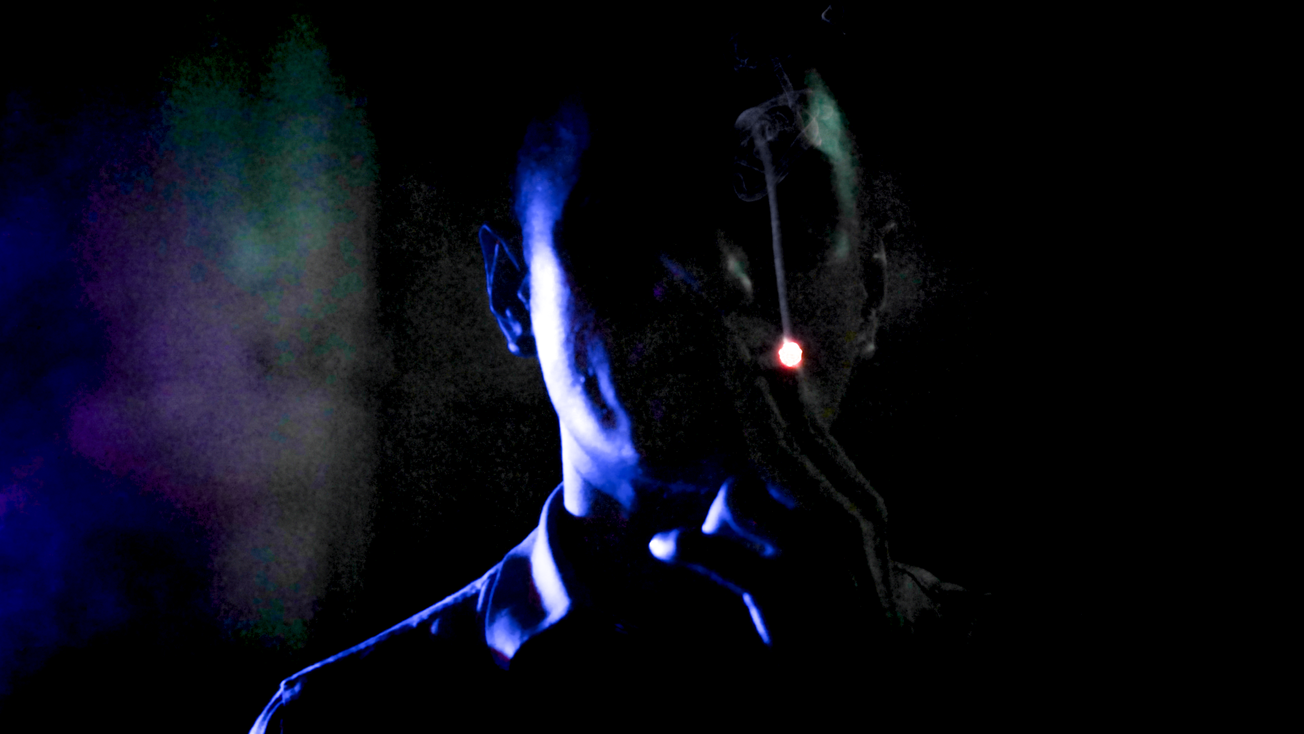Keywords: Kim Dotcom, Megaupload, digital rights, privacy, piracy, U.S. government, entertainment industry, legal battles
Introduction:
"Kim Dotcom: Caught in the Web," directed by Annie Goldson and released in 2017, takes us on a journey into the life and struggles of Kim Dotcom. This man, notorious in the digital sphere, finds himself at odds with the U.S. Government and the entertainment industry over issues that define the digital age: ownership, privacy, and piracy. In today's increasingly digital world, this documentary's exploration of these pertinent issues is more relevant than ever.
Synopsis:
The documentary narrates Kim Dotcom's life, his rise to fame, and his ensuing legal battles. Dotcom, a larger-than-life character, is the founder of Megaupload, a file-sharing site. However, his success draws the ire of the U.S. government and the entertainment industry, leading to a heated legal battle over digital ownership, privacy, and piracy.
More film analysis
Analysis:
"Kim Dotcom: Caught in the Web" takes an investigative approach, delving deep into the world of digital ownership and privacy. The research is commendable, providing in-depth exploration of the controversies surrounding Dotcom and the broader implications for digital rights globally. The presentation style is engaging, effectively capturing the complexities of the issues at hand.
Historical and Factual Context:
Kim Dotcom, born as Kim Schmitz, is a German-Finnish Internet entrepreneur and political activist known for his creation of the now-defunct file hosting service, Megaupload. His case raises critical questions about copyright in the digital age and the extent of internet freedom.
Key themes in the film:
- The tension between digital ownership and piracy
- The increasing importance of privacy in the digital age
- The role of government in regulating digital spaces
- The influence of big corporations on digital rights
Film Comparisons:
Unlike other documentaries like "The Great Hack" that focus on data privacy from the user perspective, "Kim Dotcom: Caught in the Web" offers a unique perspective from the viewpoint of a controversial figure accused of violating digital rights.
Noteworthy Moments:
The raid on Dotcom's mansion in 2012, ordered by the FBI, stands out as a significant moment in the documentary. It highlights the extent of the U.S. government's involvement in the case.
Reviews:
The documentary has received positive reviews, with an IMDb rating of 7.0. Critics praised the documentary's balanced perspective, providing a comprehensive view of Dotcom's case without oversimplifying the complex issues involved.
Conclusion:
"Kim Dotcom: Caught in the Web" is a crucial documentary for anyone interested in the digital age's complexities. It offers a unique perspective on digital rights and privacy, making it a must-watch for digital rights advocates, tech enthusiasts, and those interested in law and governance.
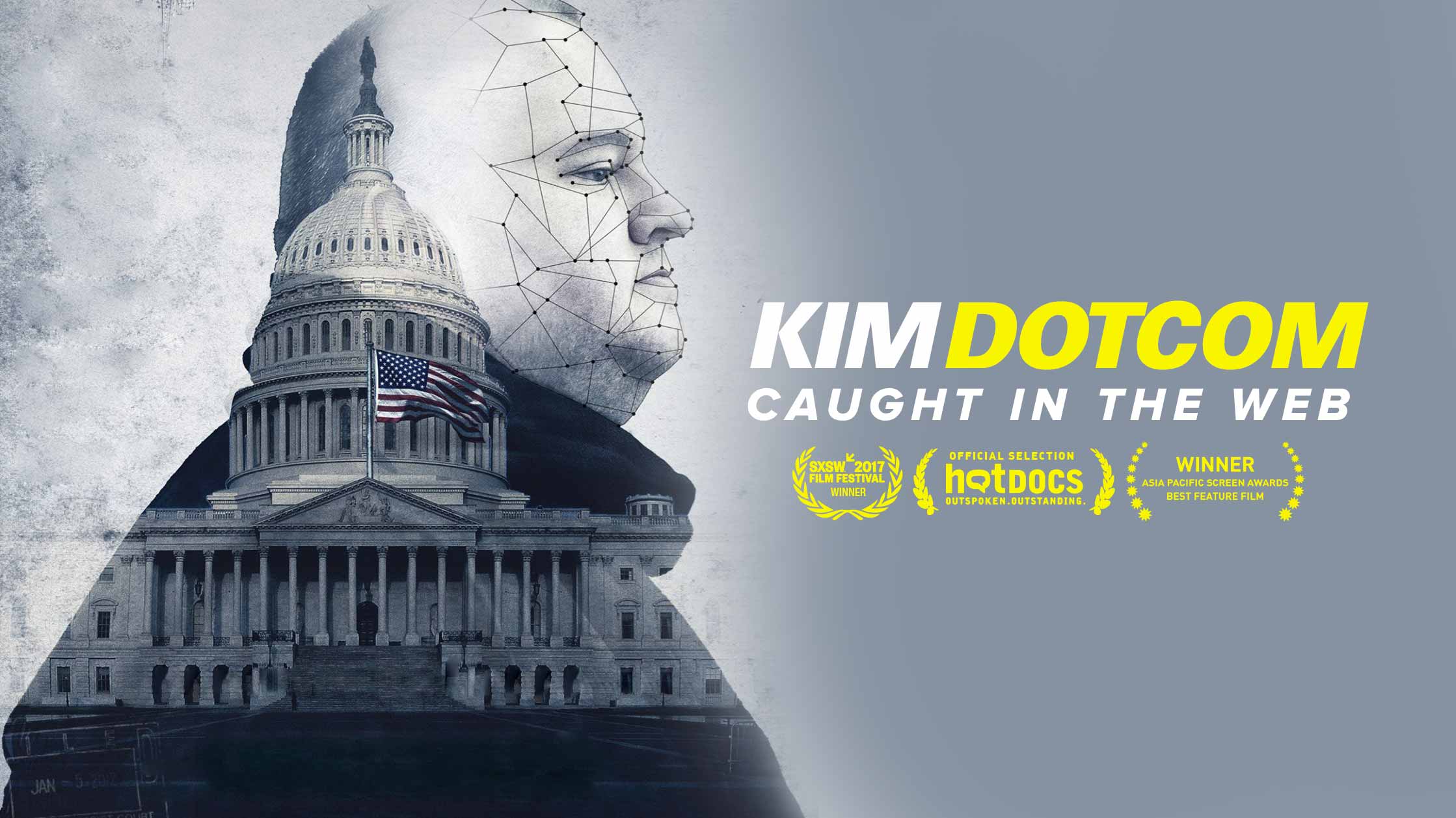
More film information
Awards: 1 wins & 3 nominations: SXSW Festival, Golden Trailer Awards, Asia Pacific Screen Awards
PERSONALITIES:
Kim Dotcom - The controversial Internet entrepreneur at the heart of the documentary.
Mona Dotcom - Kim Dotcom's wife, who provides personal insights into their life and struggles.
LOCATIONS:
New Zealand - The country where Kim Dotcom resides and where much of the story takes place.
USA - The country instigating the legal battles against Dotcom.
Links for further exploration
- Kim Dotcom's official website: https://www.kim.com/
- The Electronic Frontier Foundation's stance on the Dotcom case: https://www.eff.org/cases/us-v-dotcom
- An academic article on digital piracy: https://journals.sagepub.com/doi/full/10.1177/1742766517734254
Key Questions Raised by the Film:
What is the balance between protecting copyright and ensuring internet freedom?
I wonder what the film would be in another art form:
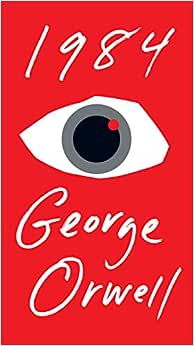
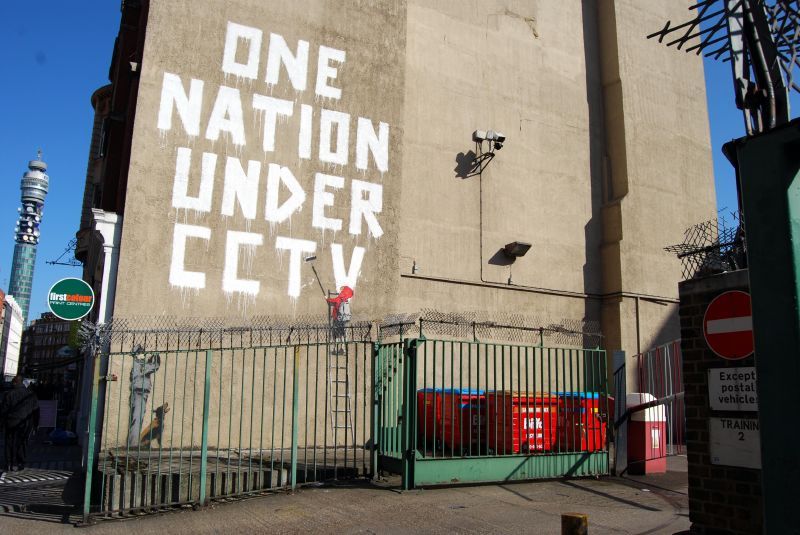

George Orwell's "1984" - if it was a famous book, for its exploration of surveillance and privacy.
Radiohead's "Karma Police" - if it was a famous song, for its themes of justice and retribution.
Banksy's "CCTV Angel" - if it was a famous piece of art, for its critique of surveillance.
Edward Snowden - if it was a famous celebrity, for his role in exposing government surveillance.
Grey - if it was a colour, symbolising the moral ambiguities of the digital age.
Electronic music - if it was a music style, reflecting the digital context of the film.
